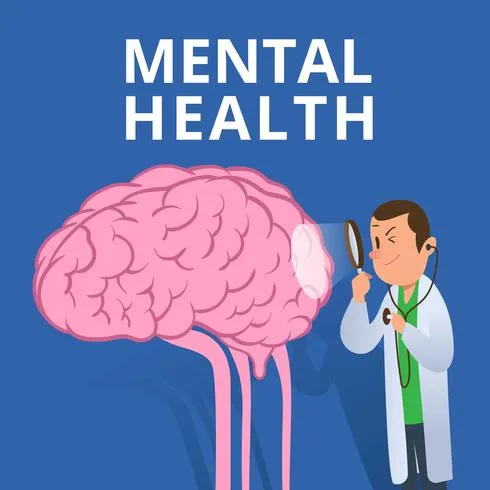University life is often seen as an exciting journey filled with new experiences and opportunities. However, it can also present significant challenges that may affect a student’s mental health. To help students thrive both academically and personally, universities are increasingly prioritizing mental health support. This article highlights the critical mental health resources available at universities, their significance, and how students can access these vital services.

The Significance of Mental Health Support
Understanding why mental health resources are essential in university settings can provide clarity on their impact:
- Supporting Academic Achievement: Mental health challenges can disrupt students’ ability to concentrate and perform academically. Accessible mental health services help students address these issues, fostering a more conducive learning environment.
- Fostering Community and Connection: Universities are not just academic institutions; they are communities. Providing mental health resources cultivates a sense of belonging and support among students, promoting peer connections and social interaction.
- Empowering Students: Mental health resources empower students to take control of their well-being. When they know where to seek help, they are more likely to engage in self-care practices and seek assistance when needed.
Overview of Available Mental Health Resources
Universities typically offer a diverse array of mental health resources, including:
1. Counseling Services
Counseling services are a cornerstone of university mental health support, providing:
- Individual Counseling: Confidential sessions with trained professionals to explore personal issues and develop coping strategies.
- Group Therapy: A safe space for students to connect with peers facing similar challenges, fostering shared understanding and support.
- Crisis Support: Immediate assistance for students experiencing urgent mental health crises, ensuring timely intervention.
2. Educational Workshops
Workshops play an integral role in promoting mental health awareness and skill development. Common offerings include:
- Stress Reduction Workshops: Techniques and strategies for managing stress and anxiety effectively.
- Mental Health First Aid Training: Programs designed to equip students with the knowledge to assist peers in distress.
- Time Management and Study Skills: Workshops that help students develop essential skills for balancing academics and personal life.
3. Online Mental Health Resources
In today’s digital landscape, universities often provide online mental health resources, such as:
- Telehealth Services: Virtual counseling sessions that offer flexibility and convenience for students.
- Mental Health Resource Websites: Comprehensive portals featuring articles, self-assessment tools, and tips for managing mental health.
- Mobile Apps: Applications designed to support mental well-being through guided exercises, meditation, and mood tracking.
4. Health and Wellness Programs
Health services at universities often integrate physical and mental health care, including:
- Comprehensive Health Services: Access to a range of health professionals who can address both physical and mental health concerns.
- Wellness Initiatives: Programs encouraging students to engage in healthy lifestyles, including fitness activities and nutrition education.
Steps to Access Mental Health Resources
Accessing mental health resources can be straightforward. Here’s how students can navigate the process:
1. Connect with the Counseling Center
Students should locate their university’s counseling center, often available on the university’s website or through campus directories. Most centers provide information on services and how to make appointments.
2. Attend Workshops and Events
Keep an eye out for announcements regarding workshops and mental health events. These are often promoted via email, social media, or campus bulletin boards and can be a great way to learn and connect with others.
3. Utilize Online Platforms
Students can explore their university’s online mental health resources, which may include articles, videos, and tools designed to help them manage stress and improve mental health.
4. Consult Health Services
If students need medical assistance, they should consider visiting their university health center. Health professionals can offer referrals to mental health services and coordinate care.
Conclusion
Mental health resources at universities are vital for supporting students through the complexities of academic and personal life. By offering counseling services, workshops, online tools, and health programs, universities create environments where students can seek help and thrive. It’s important for students to recognize the value of these resources, engage with them, and prioritize their mental well-being. Remember, seeking help is an important step toward a healthier and more fulfilling university experience.